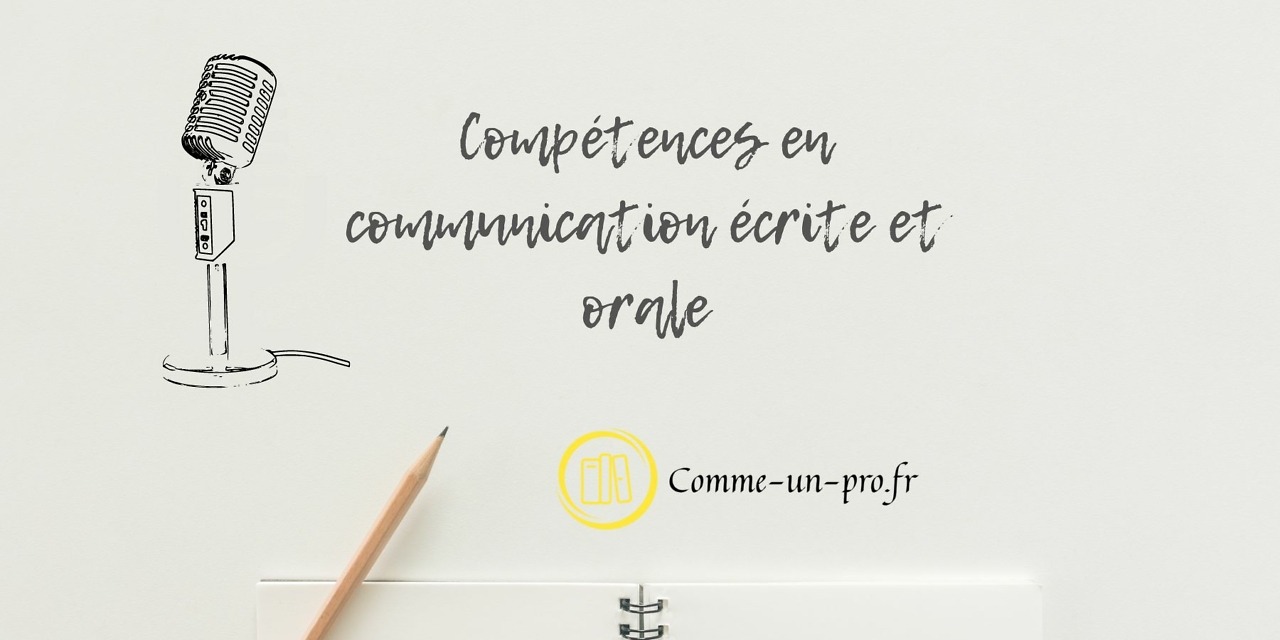These 5 Mistakes Kill Your Writing From the Start
Your professional writings are the showcase of your work. Every one of them counts – a poorly put together report, a messy memo, or a simple rambling email can ruin your credibility. Unfortunately, many writers make fatal mistakes early on, hindering their ability to communicate effectively.
This article dissects the 5 most common traps to absolutely avoid. By eliminating these gross mistakes, you will immediately lay a solid foundation for impactful and professional writing. The path will be cleared to move on to the other crucial aspects: structure, style, clarity, conciseness.
It all starts by identifying these 5 deadly sins of copywriting. Once identified, you can permanently ban them and make each piece of writing a guarantee of your expertise. The road to striking and convincing documents will be clear. Ready to discover these 5 essential good resolutions?
Mistake #1: Leaving preparation
The biggest trap lies in wait before you have even written a single line. How many times have you dove straight into writing, head first? This impulse may seem pragmatic. However, this is the number one mistake to avoid. Without proper preparation, you risk losing your train of thought. Your message will become unclear, hollow or disjointed.
Solid preparation is the key to framing your topic effectively. It forces you to clarify your objective and define what you want to convey. Additionally, it pushes you to gather all the necessary information and thoughts. Only this essential preliminary step will allow you to produce clear and structured writing from start to finish.
Mistake #2: Failing to establish a clear plan
This error often follows from the previous one. Even if you've spent time preparing, the lack of a clear plan will sabotage your efforts. Without a defined path, your development will inevitably wander into laborious digressions.
A solid plan structures your ideas in a way that makes sense and feels natural to the reader. It maintains focus on your main goal through consistent steps. It is the backbone of your reasoning, essential for impactful writing. Don't neglect it anymore!
Mistake #3: Losing sight of your recipient
The third fatal mistake is losing sight of your recipient while writing. Whether you are addressing a colleague, a customer or a superior, this target must remain present in each line. Their profile, expectations and level of understanding must constantly guide your style, your level of detail and your wording.
Without this attention to the reader, you risk falling into obscure jargon or superfluous explanations. Worse, your message may simply miss the recipient's real concerns. Always keep this person in your sights to stay relevant and relevant from start to finish.
Mistake #4: Conveying a neglected image
Your writing does more than convey information – it also reflects your professional image. Spelling mistakes, haphazard layout or a sloppy presentation seriously damage your credibility. These negligences send the signal that you do not control the basic codes of the world of work.
To improve your image, careful proofreading is essential before distribution. The formatting must also comply with the standards in force in your company. These details make all the difference between rewarding and impeccable writing, and documents that serve you poorly.
Mistake #5: Sinking into heaviness
The last fatal error is to make your writing laborious and opaque by trying to appear professional. Multiplying convoluted turns of phrase, technical words and long-winded sentences only alienates the reader instead of involving them.
The best professional writing combines clarity, conciseness and fluidity to convey essential information effectively. A simple and direct style facilitates understanding while giving off an image of mastery. Don't add artificial complexity – focus on clarity of message.
By banishing these 5 initial failings, you will immediately lay the solid foundations for impactful professional writing. Structured, targeted, careful and direct, your documents will naturally acquire the impact and professionalism expected in the world of work. Once you have these foundations, you can then tackle the finer aspects of professional writing.





